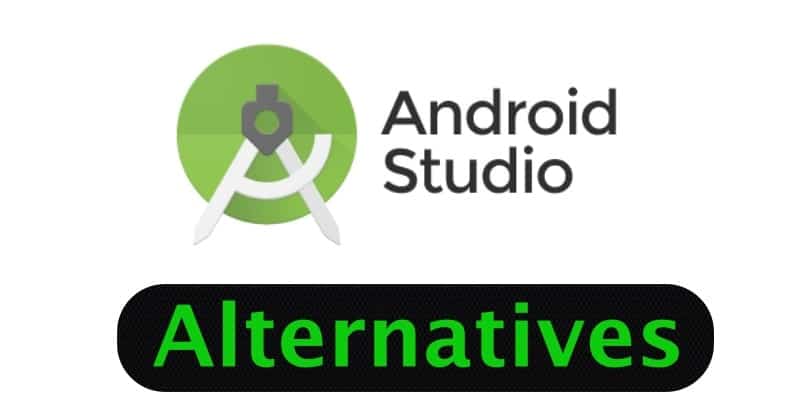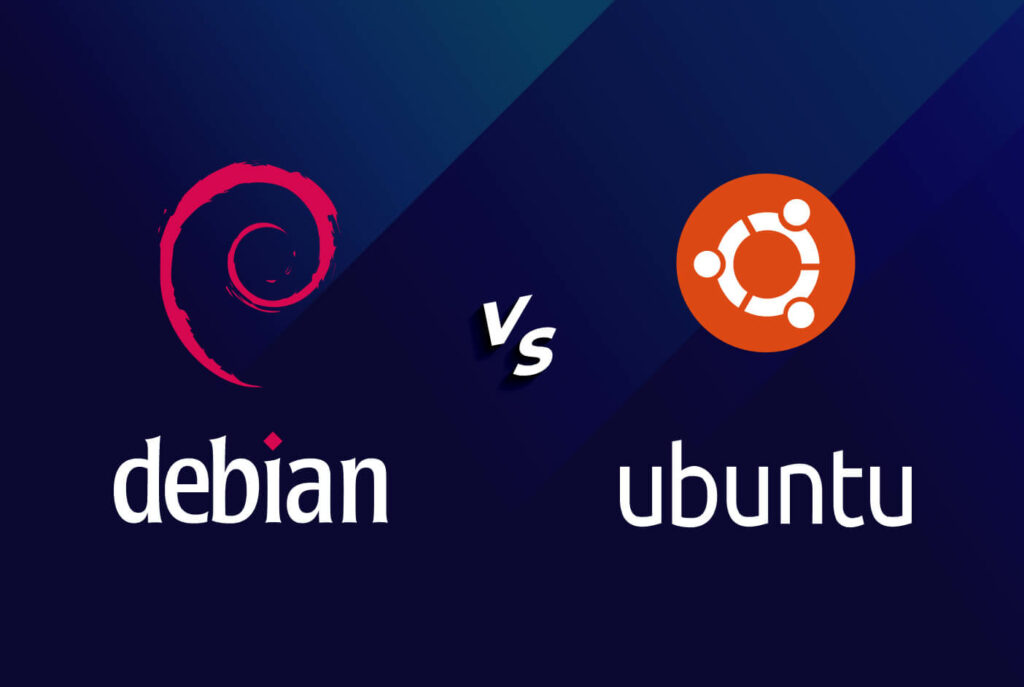10 Best Android Studio Alternatives For App Development (2023)
Android Studio has long been the go-to integrated development environment (IDE) for Android app development. However, with the ever-evolving technology landscape, developers now have a range of alternatives to choose from. In this blog post, we will explore ten of the best Android Studio alternatives for app development in 2023. Whether you’re a beginner or an experienced developer, these alternatives offer powerful features, flexibility, and ease of use.
Visual Studio Code
Visual Studio Code (VS Code) has gained immense popularity in recent years. It is a lightweight yet powerful code editor that supports a wide range of programming languages, including Java and Kotlin for Android app development. With its extensive plugin ecosystem and customizable interface, VS Code provides a streamlined development experience.
IntelliJ IDEA
Developed by JetBrains, IntelliJ IDEA is a robust IDE known for its powerful features and intelligent code analysis. It offers excellent support for Android development, including a rich set of tools and integrations. IntelliJ IDEA provides advanced code completion, refactoring capabilities, and seamless integration with build systems like Gradle.
Eclipse
Eclipse has been a long-standing favorite among Java developers, including Android app developers. Although primarily known for Java development, Eclipse offers Android Development Tools (ADT) plugins that provide an integrated environment for Android app development. Its vast ecosystem of plugins further extends its capabilities.
Node.js vs. Express.js: Comparing Backend Technologies for Web Development
Xamarin
Xamarin is a cross-platform development framework that allows developers to build Android apps using C# and the .NET framework. It offers a shared codebase, enabling developers to create apps that run on multiple platforms, including Android, iOS, and Windows. Xamarin provides a rich set of libraries and tools, making it a popular choice for cross-platform development.
React Native
React Native is a JavaScript framework backed by Facebook. It enables developers to build native-like Android apps using JavaScript and React. With React Native, developers can write code once and deploy it across multiple platforms, including Android and iOS. It offers a vast ecosystem of pre-built components and allows seamless integration with native code.
Flutter
Flutter, developed by Google, is a cross-platform UI toolkit for building natively compiled Android and iOS apps from a single codebase. It uses the Dart programming language and provides a rich set of customizable widgets. Flutter offers fast development cycles, hot reloading, and excellent performance, making it a favorite among developers.
Cordova
Cordova, formerly known as PhoneGap, is a popular open-source framework for building hybrid mobile apps. It allows developers to use web technologies such as HTML, CSS, and JavaScript to create Android apps. Cordova provides access to native device features through plugins, making it a versatile choice for app development.
B4A (Basic4Android)
B4A is a rapid application development (RAD) tool that enables developers to create Android apps using the BASIC programming language. It provides a simple yet powerful IDE and offers a wide range of libraries and features to streamline app development. B4A allows developers to build apps with native-like performance.
NetBeans
NetBeans is a Java IDE that offers comprehensive support for Android app development. It provides a range of features, including code completion, debugging tools, and project management capabilities. NetBeans’ intuitive interface and extensive plugin support make it a viable alternative for Android developers.
Appcelerator Titanium
Appcelerator Titanium is an open-source framework that allows developers to build native Android apps using JavaScript. It provides a single codebase for multiple platforms and offers access to native APIs through JavaScript. Appcelerator Titanium offers rapid development capabilities, making it suitable for building robust Android apps.
While Android Studio remains a powerful and feature-rich IDE for Android app development, the evolving landscape offers developers a range of alternatives to choose from. Whether you’re seeking a lightweight code editor like Visual Studio Code or a cross-platform framework like Flutter or Xamarin, the options listed in this blog post provide flexibility and powerful features to streamline your app development process. Consider your specific needs, preferences, and project requirements when selecting the best Android Studio alternative for your app development journey in 2023.











